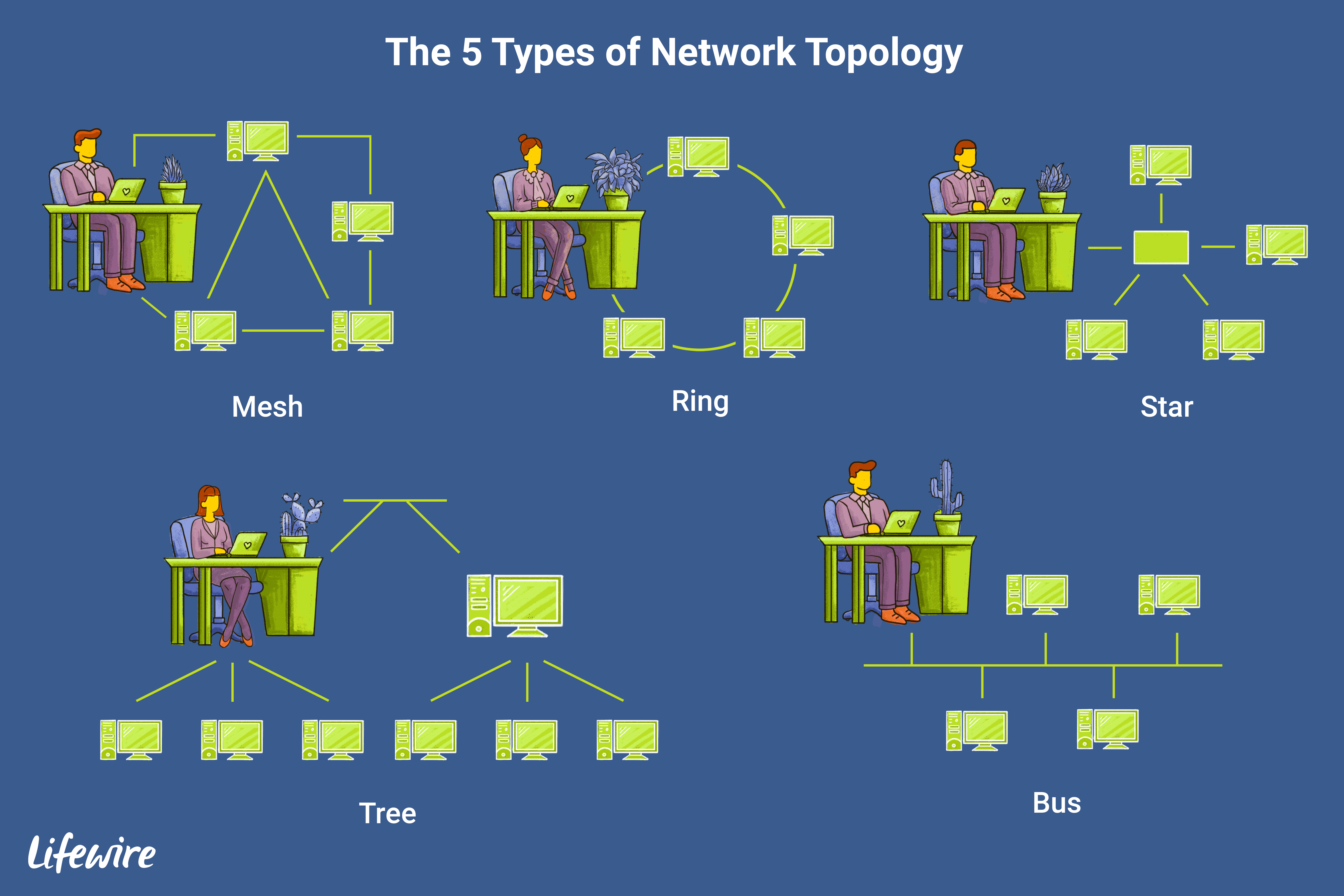Mastering the Art of Networking in Your Industry
Unlock career growth by mastering networking skills tailored to your industry with strategic connections and meaningful interactions.

Understanding the Importance of Networking
In today's competitive job market, networking is more than just a buzzword—it's an essential skill that can significantly impact your career trajectory. Networking allows you to connect with industry peers, mentors, and potential employers, opening doors to opportunities that might not be advertised publicly. Building a robust network can provide you with insider knowledge about your industry, helping you stay ahead of trends and developments. By cultivating relationships, you not only enhance your professional reputation but also gain access to a support system that can offer guidance and advice. Remember, networking is a two-way street; it's about building genuine connections and offering value to others, not just seeking what they can do for you.
Building Your Personal Brand
To effectively network, it's crucial to develop a personal brand that reflects your professional identity. Your personal brand is how you present yourself to the world and encompasses your skills, experiences, and values. Start by defining what makes you unique in your industry—what skills and experiences set you apart from others? Use social media platforms like LinkedIn to showcase your expertise and engage with industry-related content. Regularly update your profile to reflect your achievements and professional milestones. A strong personal brand not only makes you more recognizable but also helps others understand the value you bring to the table. This clarity makes it easier for potential connections to remember and reach out to you when opportunities arise.
Leveraging Online Platforms
The digital age has revolutionized the way we network, making it easier than ever to connect with professionals worldwide. Online platforms such as LinkedIn, Twitter, and industry-specific forums are invaluable tools for expanding your network. Participate in online discussions, share insightful articles, and comment on posts to increase your visibility. Joining virtual industry groups can provide access to exclusive events and discussions, where you can meet like-minded professionals. Remember to maintain professionalism in all your online interactions; your digital footprint is a reflection of your personal brand. By actively engaging on these platforms, you can build relationships that might have been impossible to foster in a purely offline setting.
Attending Industry Events
While online networking is powerful, in-person events remain a cornerstone of building meaningful connections. Conferences, workshops, and seminars provide opportunities to meet industry leaders and peers face-to-face. These events often feature guest speakers who are experts in their fields, offering insights that can be invaluable to your career. When attending such events, come prepared with business cards and a succinct introduction about yourself. Engage in conversations with an open mind, and don't shy away from introducing yourself to new people. The relationships formed in these settings can lead to collaborations, mentorships, and even job offers. Following up with new contacts after the event is crucial to solidify the connection.
Cultivating Long-Term Relationships
Networking is not just about meeting new people; it's about nurturing relationships over time. Once you've established a connection, it's important to maintain it through regular communication. Reach out periodically with a friendly message or share articles that might interest them. Celebrate their achievements and offer support when needed. This consistent engagement helps build trust and keeps you top-of-mind when opportunities arise. Remember, the strongest professional relationships are built on mutual respect and reciprocity. By investing time and effort into your network, you create a community of professionals who are more likely to advocate for you and offer assistance when you need it.
Developing Effective Communication Skills
Effective networking requires strong communication skills. Being able to articulate your thoughts clearly and confidently is crucial in making a lasting impression. Practice active listening, which involves giving your full attention to the speaker and responding thoughtfully. This not only helps in understanding the other person's perspective but also demonstrates respect and interest. Tailor your communication style to suit different audiences; what works in a casual setting might not be appropriate in a formal one. Additionally, non-verbal communication, such as body language and eye contact, plays a significant role in how you are perceived. By honing these skills, you can engage more effectively with your network.
Overcoming Networking Challenges
For many, networking can be daunting, especially if you're introverted or new to an industry. However, by viewing networking as an opportunity to learn and grow, you can overcome these challenges. Start small by attending local events or joining small group discussions. Set realistic goals, such as meeting one new person at each event, and gradually increase your comfort level. Remember, it's normal to feel nervous, but with practice, networking becomes more natural. Consider seeking out a mentor who can guide you through the process and offer advice on how to navigate various networking scenarios. By taking small steps and persisting, you can become more confident in your networking abilities.
Measuring Networking Success
Finally, it's important to assess the effectiveness of your networking efforts. Networking success can be measured in various ways, such as the number of new connections made, opportunities for collaboration, or personal growth achieved through these interactions. Reflect on how your network has influenced your career—have you received job offers, valuable advice, or mentorship through these connections? Regularly evaluate your networking strategy and make adjustments as needed. It's not just about quantity but the quality of relationships you build. By focusing on meaningful connections and continually refining your approach, you can master the art of networking and achieve lasting success in your industry.